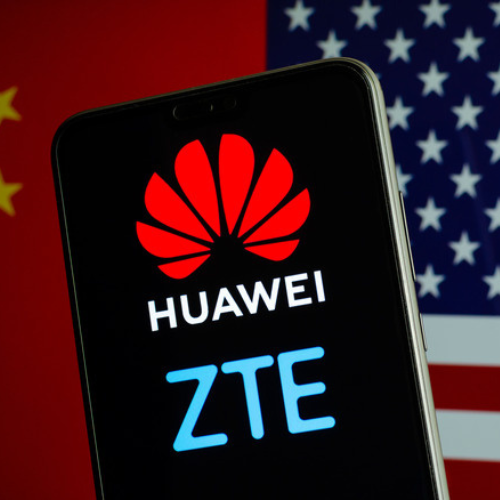The U.S. government is making big changes to protect its communication networks. Huawei and ZTE, two major Chinese telecom companies, are at the center of this move. Lawmakers believe their devices might pose serious security risks. They worry these devices could allow spying or disruptions to America’s communication systems, including emergency services like 911.
To solve this problem, the U.S. House of Representatives is supporting a $3 billion plan to remove Huawei and ZTE equipment from wireless networks across the country. This is part of the annual defense bill, a very important set of rules that helps keep the U.S. safe. By removing these devices, Congress hopes to strengthen national security while also ensuring rural areas continue to have reliable internet and phone service.
This move isn’t just about security—it’s about trust. Lawmakers want to make sure Americans don’t have to worry about their calls, texts, and data being at risk. But fixing the issue is proving to be more expensive than expected.
Costly Cleanup: The Rip-and-Replace Program
Back in 2019, the U.S. government told telecom companies to get rid of Huawei and ZTE equipment. But removing this gear and replacing it with secure alternatives has been a bigger challenge than anyone expected. Originally, Congress approved $1.9 billion for this “rip-and-replace” program. However, the Federal Communications Commission (FCC), the agency in charge of regulating telecom networks, says the real cost is closer to $4.98 billion.
To help cover some of this, the U.S. House is adding $3 billion to the program as part of this year’s military spending package. This money will go to rural carriers—smaller phone and internet companies—who depend on government help to replace the potentially risky equipment. These carriers serve millions of Americans, including those in remote areas where there are few other options for staying connected.
The FCC has warned that without more funding, some rural networks might have to shut down. This could leave families and communities without basic services, such as the ability to make 911 calls in emergencies. This would be especially harmful to areas that already face limited connectivity.
Russia Eases Fossil Fuel Payment Rules to Dodge U.S. Sanctions
Jessica Rosenworcel, the FCC Chair, recently stressed how urgent the situation is. She said the lack of funding could harm both national security and the livelihoods of rural Americans.
Funding the Fight: Auctions and Regional Support
To help pay for this massive overhaul, the U.S. is looking for additional ways to raise money. One idea is to hold a one-time auction of wireless spectrum. Wireless spectrum is like invisible airwaves that help devices like cell phones and internet routers work. Companies can bid on parts of the spectrum to use for their networks, and the money from these bids will go toward funding the replacement program.
In addition to helping with telecom security, part of the auction money will be used to support regional tech hubs. These hubs are designed to boost innovation and create new job opportunities in different parts of the country.
Lawmakers are clear about their goals: they want to remove the equipment as quickly as possible while ensuring no one loses access to vital communication services. But with billions of dollars already spent and even more funding needed, this is proving to be a high-stakes effort.
Tim Donovan, a leader in the telecom industry, welcomed the extra funding, saying it is critical to keeping millions of Americans connected while following the government’s security rules. The challenge is balancing the need for safety with the need to keep people online, especially in areas where there may be no other internet or phone providers.
This bold move to protect the nation’s networks has stirred up plenty of debate. Removing Huawei and ZTE equipment is not just about upgrading technology—it’s about ensuring the safety of communication systems that Americans rely on every day.


